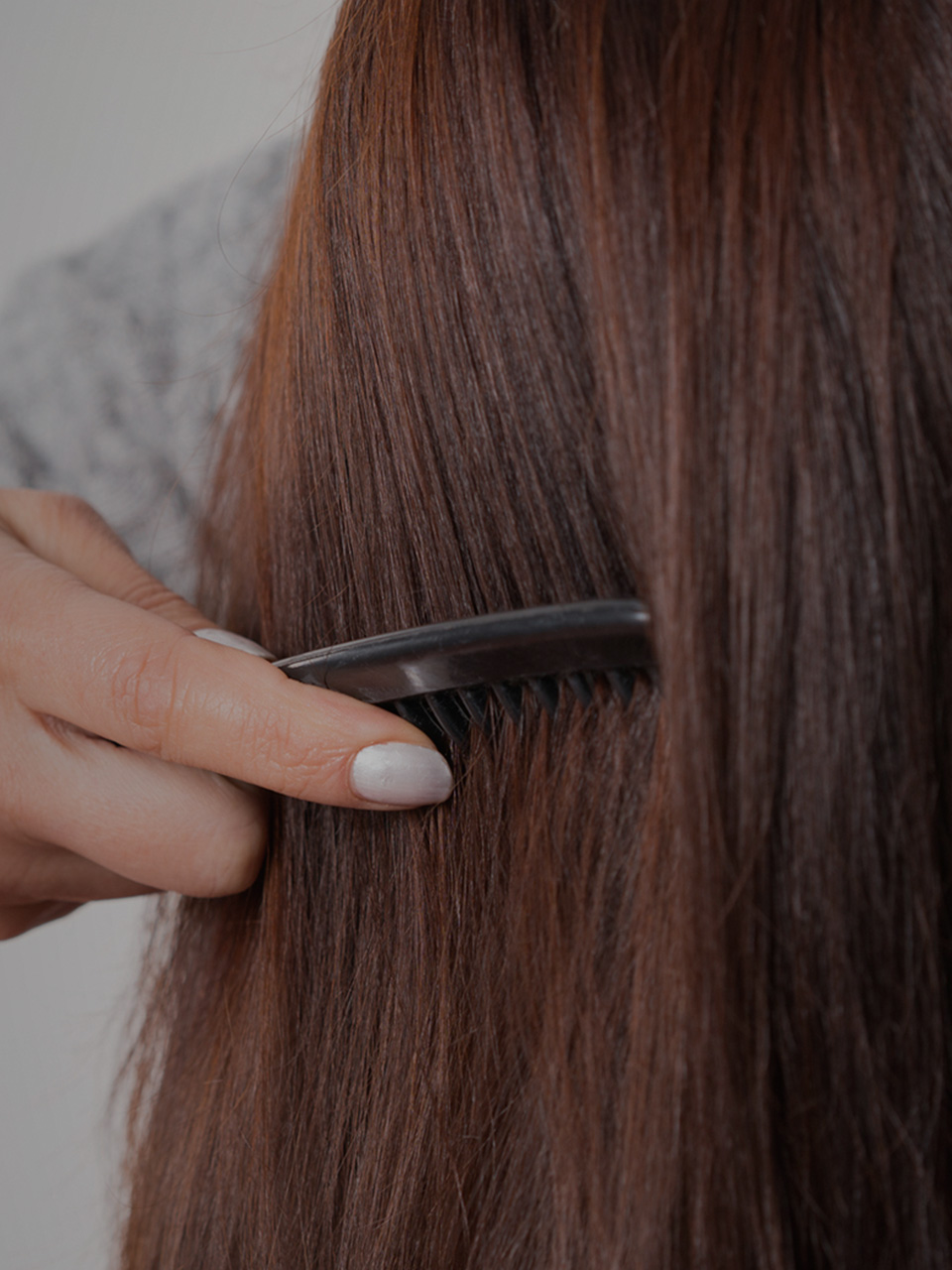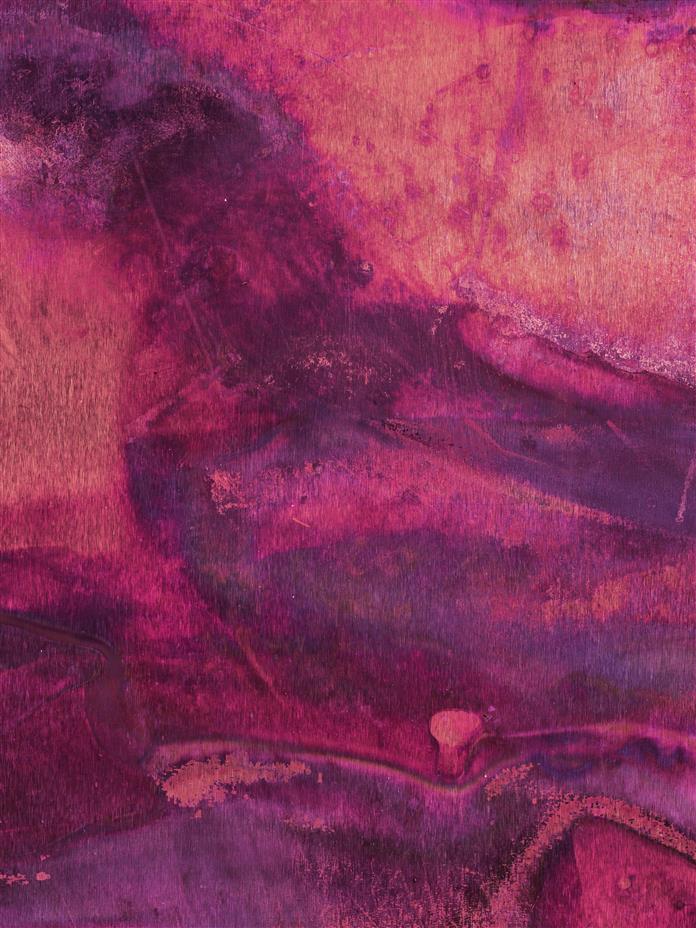
Tap to Read ➤
Seasonal Hair Loss
Mukta Gaikwad


Seasonal hair loss can be very horrifying. Read on to find out why it happens and what to do about it.

There are about 100,000 hair follicles on our head, which have the capacity of growing and re-growing hair several times in its life span. Hair loss is a natural and a needed phenomenon of our body. Hair has to fall out, so that there is place for new healthy hair to grow. A hair loss of 50-100 strands a day is considered normal by dermatologists. However, being mammals in nature, we generally shed hair, during the onset of winter, more than what is expected.

Exposure to Sunlight
Hair loss in women is usually seen in winters. During winters, exposure to daylight is minimal. In such conditions, body produces less of melatonin, affecting the hormones and its receptors in the scalp. The receptors play a crucial role in determining the hair loss. Thus, lack of vitamin D synthesis in the body during winters, may cause hair fall.

Excessive Sweating
Hair loss in men is generally seen in summers. Due to unavoidable exposure to sunlight the scalp sweats too much, which causes loss of hair. This leads to development of pitryosporum folliculitis, a type of skin condition, caused by yeast multiplication in the hair follicles. It causes acne like spots on the scalp, leading to severe itching and hair loss. Using an effective shampoo, like Nizoral, will help you cope up with the problem.

Weather Conditions
Seasonal hair loss can also be attributable to harsh weather conditions. Summers and winters, both, can make your hair excessively dry. Split ends, weak roots, dandruff, and constant tying up of hair are a few reasons for changes in the hair loss condition. The best way to deal with this is to, shield your hair from brutal weather conditions. For instance, wrap your locks in a scarf, every-time you step out to prevent excessive heat in the summers or the unforgiving cold months.

Treatment
As each hair follicle is different, the growth of every hair on your scalp differs too. If your hair is very thick, I suggest wait for the season to change, as you really don't have anything to lose! On the contrary, if your hair is on the thinning end, consult a doctor. Getting a doctor's opinion, will guide you correctly towards maintaining your hair and growing them in a healthy way. In fact, it will also help you to assess whether there are any other causes to hair loss, other than the change in season.

So, for those of you who are wondering how to treat hair loss, here are a few tips.
- Massage your scalp with lukewarm coconut oil at least twice a week. Leave the oil all night long and wash it off the next day, with a mild shampoo.
- Avoid any kind of stress in your life. Stress not only takes a toll on your body, but on your long beautiful hair too. So, analyze the current circumstances, if you are experiencing unexpected hair loss.

- Keep the hair products at bay. They may make your hair look glamorous for a couple of hours, but in the long run, they make no value addition. Moreover, the chemicals used in these hair products are not meant for your hair to begin with.

- Hair ironing, perming, coloring, or styling are a 'strict no-no', if you are keen on having a gorgeous mane.